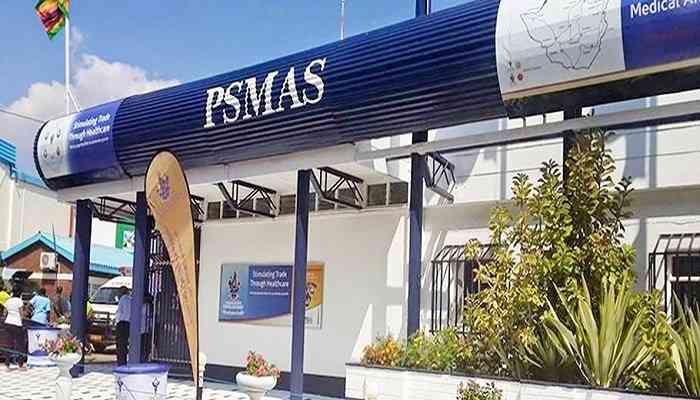
THE endless labour disputes at the State-owned health services firm Premier Services Medical Aid Society (PSMAS) should be ringing alarm bells in the corridors of power.
Indeed, it is worrisome that the employer has failed to take heed of employees’ plight, and government’s interventions at this juncture is urgently required for the sake of millions of PSMAS medical aid card holders whose lives are on knife’s edge.
While every episode of the unfolding drama at PSMAS mirrors the governance paralysis at State institutions, the decadence at this firm cannot be ignored anymore.
The announcement by the workers committee that they have exhausted all efforts to engage management proves how government continues to ride roughshod over its employees, who make up over 90% of the institution’s membership.
The firm’s employees worked a good four months unpaid. What they are demanding now is payment of salary arrears to enable them to look after their families and continue reporting for duty.
Another issue is about the Zimbabwe Anti-Corruption Commission (Zacc)’s failure to respond to the workers’ clamours, where the top brass is accused of diverting funds earmarked for clearing the wage bill.
It is not surprising, however, because even other State-linked institutions such as the Judiciary and Zacc have been trapped in the same ethical dilemmas.
While it is plausible that government inched a bit towards resolving the financial crisis at PSMAS by availing $4,2 billion to clear the salary backlog, it remains unclear why the same management accused of corruption was allowed to manage disbursement of the money.
- Govt must restore dignity to civil service
- Govt must restore dignity to civil service
- Tackle medical insurance crisis
- Tackle medical insurance crisis
Keep Reading
It has now emerged that part of the money was diverted to a different purpose where answers are still required.
In the past, service providers such as doctors and pharmacists have refused to accept medical aid cards from PSMAS members, complaining about the late or non-payment of their dues.
This has had the effect of disenfranchising the members, whose contributions would already have been garnished.
Civil servants are the hard-hit because they make up over 90% of PSMAS membership. Government workers are always paying their subscriptions, but because of maldaministration at the country’s largest health service provider, PSMAS, they are always shortchanged and suffer the most.
A few years ago, we read about PSMAS executives taking home obscene salaries at a time PSMAS they were struggling to access basic services at the institution’s health centres.
It would seem government is doing little to stem the tide at PSMAS.
Heads must surely roll.







